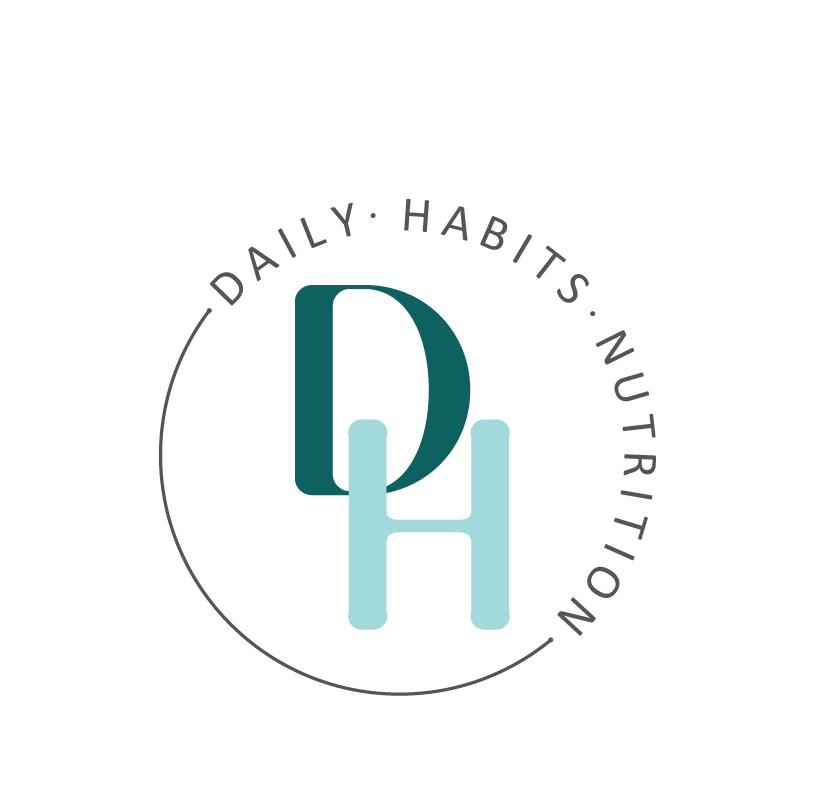It’s time to take control of your eating habits and reclaim your emotional well-being with the power of a food and mood journal. In today’s post, we’ll explore what a food and mood journal is, how it can help you overcome emotional eating, and practical tips for keeping one to identify your triggers.
Get ready to transform your relationship with food and cultivate a deeper understanding of your emotional patterns!
What is a Food and Mood Journal?
Let’s start with the basics: what exactly is a food and mood journal? A food and mood journal is a tool used to track both your eating habits and your emotional state throughout the day. It provides a space for you to record what you eat, when you eat it, and how you’re feeling at the time.The goal of a food and mood journal is to help you identify patterns and correlations between your emotions and your eating behaviors. By tracking your food intake alongside your mood, you can gain valuable insights into the underlying triggers behind your emotional eating and develop healthier coping strategies.
How Can a Food and Mood Journal Help Overcome Emotional Eating?
Now that we understand what a food and mood journal is, let’s explore how it can help you overcome emotional eating:
1. Increased Self Awareness
Keeping a food and mood journal promotes self-awareness by encouraging you to tune into your thoughts, feelings, and behaviors around food. By regularly reflecting on your eating habits and emotional state, you become more conscious of patterns and triggers that may be driving your emotional eating.
2. Identification of Triggers
One of the key benefits of a food and mood journal is its ability to help you identify your emotional eating triggers. As you track your food intake and mood over time, you may notice certain patterns emerging, such as eating in response to stress, boredom, loneliness, or specific emotional cues. Identifying these triggers is the first step towards developing healthier coping mechanisms.
3. Mindful Eating Practices
Maintaining a food and mood journal encourages mindful eating practices by promoting greater awareness and intentionality around food choices. By pausing to reflect on your feelings before, during, and after eating, you can cultivate a deeper understanding of your hunger and fullness cues, as well as the emotional drivers behind your eating habits.
4. Development of Coping Strategies
Armed with insights from your food and mood journal, you can begin to develop alternative coping strategies to manage your emotions without turning to food. Whether it’s practicing deep breathing exercises, going for a walk, journaling, or reaching out to a supportive friend, having a repertoire of healthy coping mechanisms empowers you to navigate challenging emotions in a constructive way.
Tips for Keeping a Food and Mood Journal
Ready to start your own food and mood journal? Here are some practical tips to help you get started:
Choose Your Format
Decide whether you prefer a digital journaling app, a notebook, or a printable template to record your food intake and mood. Choose a format that feels intuitive and accessible to you.
Set Aside Time
Schedule a specific time each day to update your food and mood journal. Whether it’s after each meal, at the end of the day, or during moments of downtime, consistency is key to maintaining an accurate record.
Be Honest and Non-Judgemental
Approach journaling with honesty and compassion, knowing that it’s a tool for self-discovery and growth. Be honest about your eating habits and emotions, and refrain from judgment or criticism.
Include Details
Record not only what you eat, but also when you eat it, where you eat it, and how you’re feeling at the time. Note any specific emotions or triggers that may be influencing your eating choices.
Review Regularly
Take time to review your food and mood journal regularly to identify patterns, trends, and areas for growth. Look for correlations between your eating habits and emotional state, and use this information to inform your self-care practices.
A Final Note
A food and mood journal is a powerful tool for overcoming emotional eating and cultivating a healthier relationship with food. By tracking your food intake alongside your emotional state, you can gain valuable insights into your eating habits, identify triggers, and develop healthier coping strategies. Whether you’re struggling with stress, boredom, loneliness, or other emotional triggers, a food and mood journal empowers you to take control of your emotional well-being and make more mindful choices around food. So why wait? Start your food and mood journal today and embark on a journey of self-discovery and transformation. You’ve got this! 🌟🍽️

